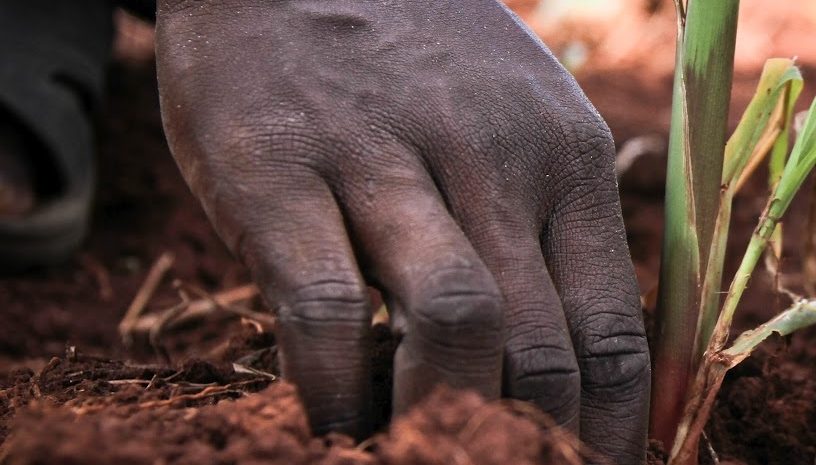Pet Parents Beware: Vets Sound Alarm on Dangerous Dog Food Habits!

Veterinarians are issuing urgent warnings to dog owners regarding the hidden dangers of grapes and raisins, common fruits that can lead to severe health complications, including kidney failure, in canines. Ben The Vet, a prominent online educator on pet health, has highlighted the critical risks associated with these items.
Historically, the exact mechanism behind grape and raisin toxicity in dogs was not fully understood, leading many to believe its effects were idiosyncratic, meaning it affected certain individuals seemingly at random. However, recent understanding points to tartaric acid, a naturally occurring compound, as the primary toxin responsible for these adverse reactions. The concentration of tartaric acid can vary significantly between individual grapes, explaining why some dogs might suffer severe reactions from a small quantity, while others may exhibit milder symptoms or none at all, depending on the specific fruit consumed.
It is crucial for pet owners to understand that even minute quantities of grapes or raisins can pose a significant risk, particularly to smaller dog breeds. Symptoms of grape poisoning can include vomiting, diarrhoea, abdominal pain, lethargy, increased thirst, changes in urination frequency, dehydration (indicated by panting or a dry nose), and potentially collapse. Therefore, if a dog is suspected of ingesting any amount of grapes or raisins, immediate contact with a veterinarian is paramount. Vets will likely advise bringing the dog in for emesis induction, an injection designed to induce vomiting and remove the toxins from their system.
Beyond fresh grapes, dried varieties such as raisins, sultanas, and currants are considered even more toxic. This makes numerous common baked goods and breakfast items hazardous for dogs. Products to be particularly cautious about include hot-cross buns, Simnel cake, Christmas cake, Christmas pudding, mince pies, stollen, fruit panettone, fruit cake, fruit scones, muesli, granolas, and any other cereals containing dried fruit.
Despite anecdotal accounts from some owners whose dogs have consumed grapes without apparent ill effects, the established risk posed by tartaric acid cannot be overlooked. The variability in tartaric acid levels means that while some dogs may seem fine, the potential for severe, life-threatening kidney damage remains a serious concern for all breeds. Vigilance and preventative measures are essential to ensure canine safety.
You may also like...
The Next Big Discovery Might Be Growing in Someone’s Backyard

Hidden in gardens, local farms, and village backyards across Africa and beyond, the next major scientific breakthroughs ...
The Grand Egyptian Museum: Re-Engineered History of Africa.

2002 was the genesis of a dream. Egypt opens its Grand Museum in 4days.
NanoFilter: The Tanzanian Invention Turning Dirty Water into Life

Read on how Dr. Askwar Hilonga’s NanoFilter, a Tanzanian nanotech invention, is transforming access to safe drinking w...
The Myth of the Strong African Mother

Parenting burnout is becoming an unspoken crisis among African mothers. The pressures of motherhood, cultural expectatio...
The African Dream vs. the American Dream: What Success Means to a New Generation

A new generation of Africans is redefining success, turning away from the “American Dream” toward something more local, ...
The National Assembly Approves the Creation of Six new States

The National Assembly for the first time since the fourth republic started has approved the creation of six new states. ...
When the Desert Eats the City: Urban Expansion and Desertification in the Sahel

In the Sahel, cities are expanding even as the desert creeps closer. From Niamey to Nouakchott, Africa’s drylands are sw...
Jazz Star Markkanen Ignites Court With 50 Points, Joins Malone in Elite Company

Lauri Markkanen erupted for a career-high 51 points, leading the Utah Jazz to an overtime victory over the Phoenix Suns....


